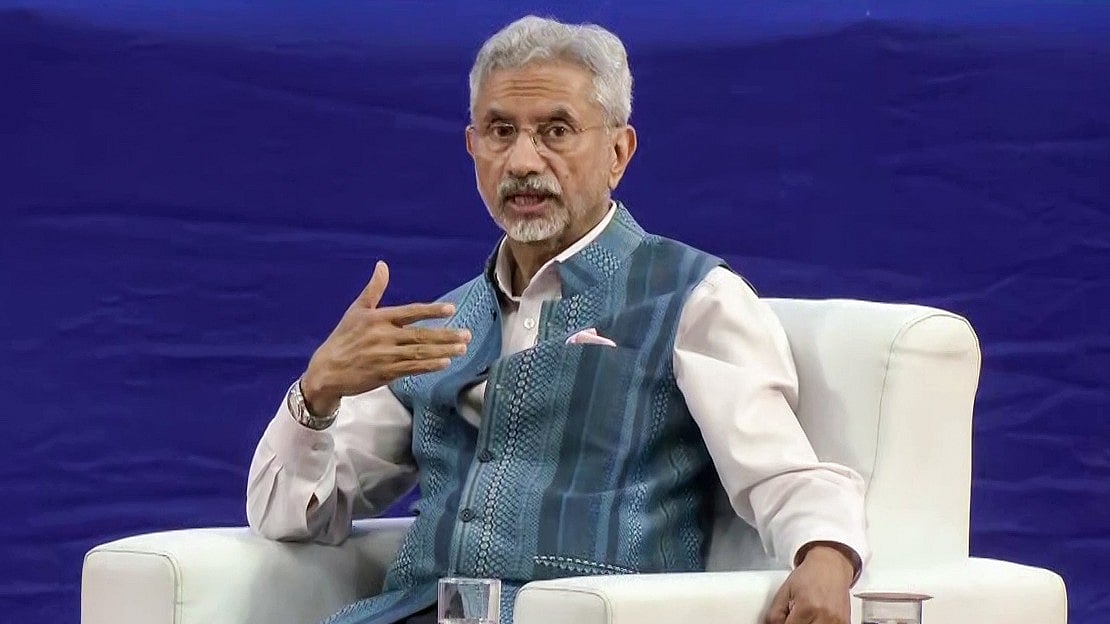Bhopal (Madhya Pradesh): The educated and working class professionals are on the target of cyber crooks who are enticing them with high-return investments schemes, especially in crypto-currency trading. This year alone, the state has reported 4,376 fraud cases associated crypto-currency trading, said officials.
The statements are even backed by the data, which reveals that the graph of cyber crime has been rising across the state from the last five years. In 2018, as many as 2,834 cyber fraud cases were reported across the state, the numbers rose to 4,058 in 2019, and further 4,735 cases in 2020. In 2021, 6592 cases pertaining to cyber crimes were reported, while 2022 logged 8,976 cyber fraud cases.
This year till December 25, the cyber crime tally stands at a whopping 11,500. Senior officials at the state cyber crime cell said that out of 11,500 cases reported so far this year, almost 4,376 incidents took place on the pretext of crypto-currency trading.
Officials claimed that people across the state have lost around Rs 5.42 crore to crypto-currency frauds this year. Out of this, almost Rs 99 lakh have been frozen by the cyber cell, thanks to a few people who reported the frauds in time.
Sharing their modus operandi, the officials said cyber crooks use social media messaging applications for the purpose, and target educated working class professionals such as bankers, engineers, doctors and others. People are lured into investing Rs 1000 or any other minimal amount on the promise of high returns.
Initially, the investors even earn up to Rs 5,000 and once assured of gain, the crooks assuring of higher returns make them create digital wallets. The control of these digital wallets remains with the crooks.
The crooks lock the wallet and demand more investment from the investors to unlock the wallet and withdraw money from it, the investors seeing no other option end up paying huge amounts for the same.
Maintain digital hygiene: Cyber cell
SP Superintendent of police (SP) of MP state cyber cell, Vaibhav Shrivastsava said that digital hygiene is the only way to escape such frauds. One may use crypto-based apps for trading, but must not believe unknown people promising handsome benefits, the officer said.










